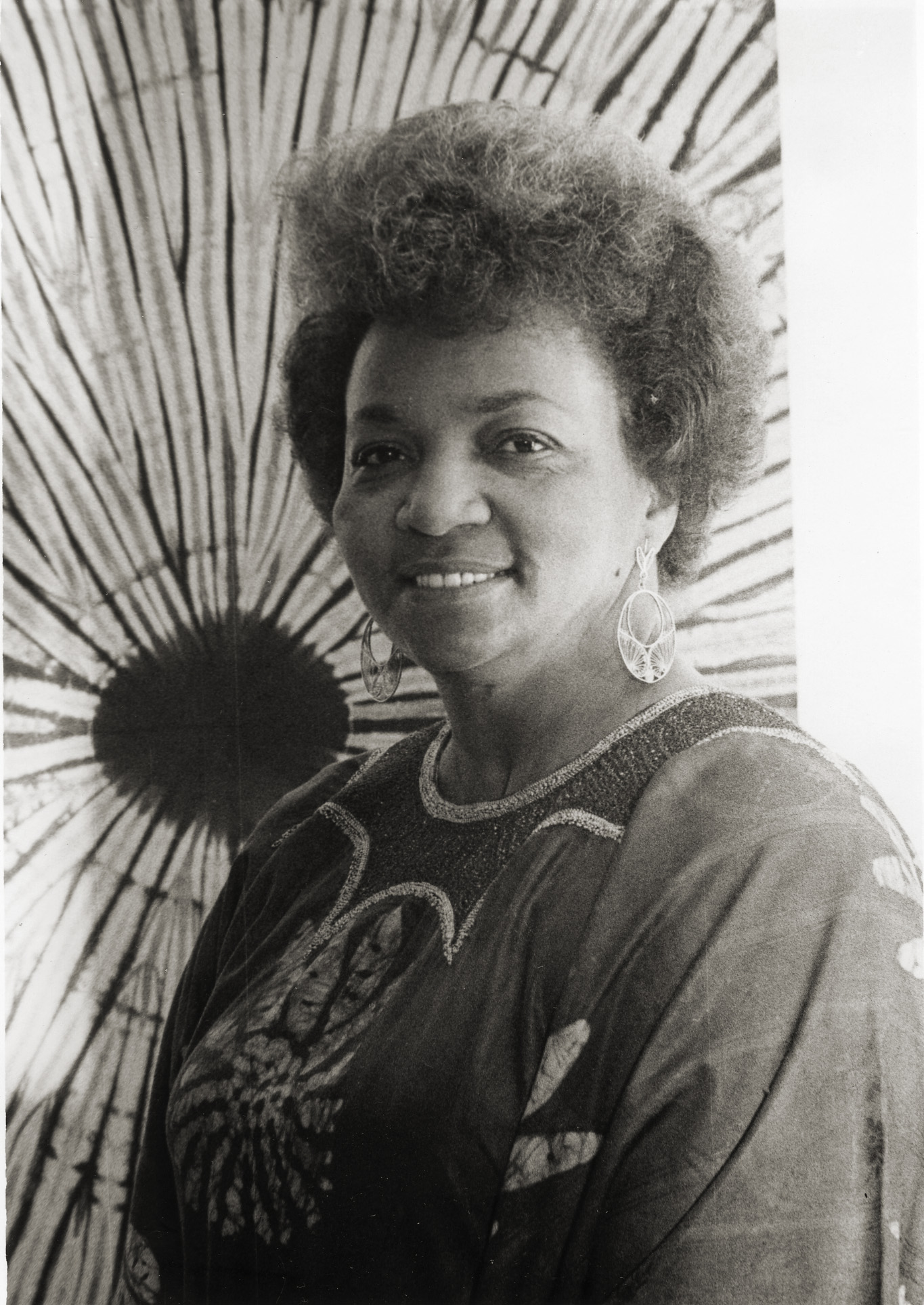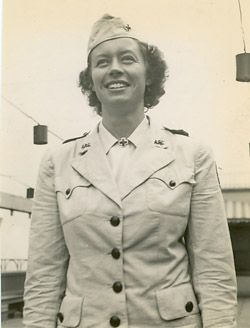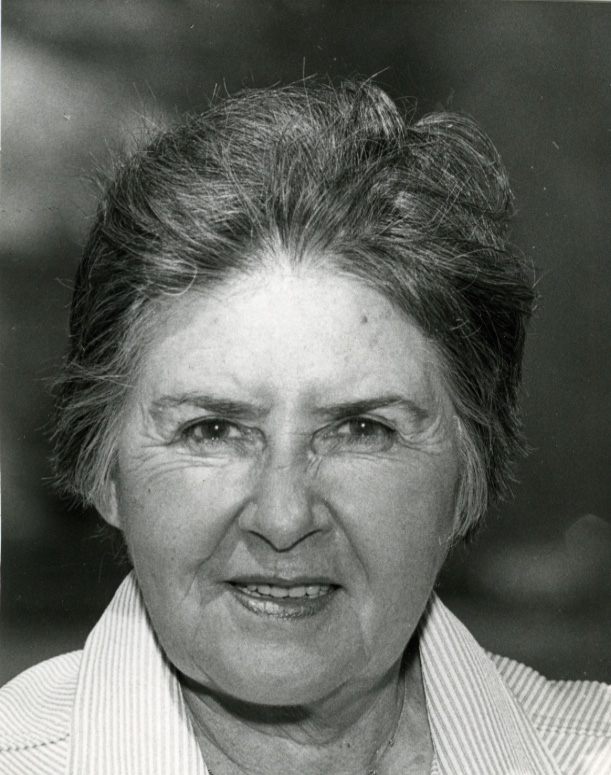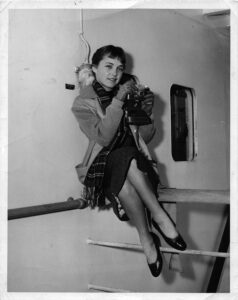Alida Perreault Papers
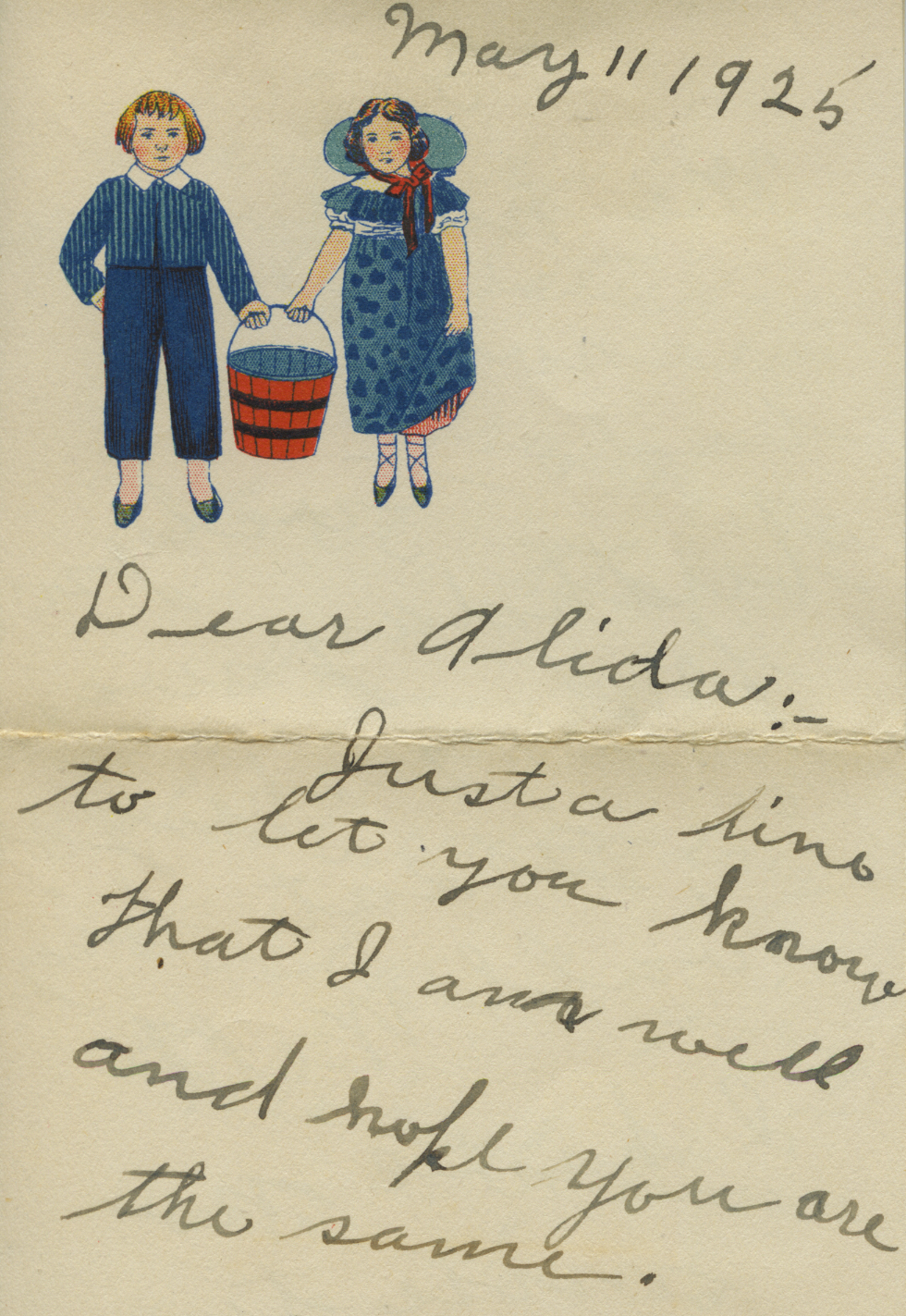
Alida Capistrant was the eleventh of twelve children in a large French-Canadian family in South Hadley, Massachusetts, born on July 24, 1914. Her parents both immigrated from Quebec in 1885. On September 30, 1895, they were married in South Hadley. The Capistrant family rented their home until 1912 when they purchased their first house in South Hadley. Alida had an active social life as a teenager and considered attending college or university, but did not pursue any further education until about 1943, when she studied at the Providence Hospital School of Nursing in Holyoke, Massachusetts. Two years later she married James Perreault and the couple had two children, a daughter, Marcia (Perreault) Matthieu, and a son, David James Perreault. They lived in South Hadley until 2003, when they moved to Chandler, Arizona, to be near their daughter. Alida Perreault died of complications from Alzheimer’s disease on April 7, 2006, and James died in 2008. Both are buried in Saint Rose Cemetery in South Hadley next to Alida’s family.
Alida’s correspondence and diaries during her high school years (1928-1932) and in the years after reveal a young woman with a substantial network of friends and family. The bulk of the collection consists of letters from several friends, including two potential romantic interests, and short diary entries. These document daily activities, family happenings, and later Alida’s interest in a career as a nurse and her leadership role in the South Hadley Women’s Club.


